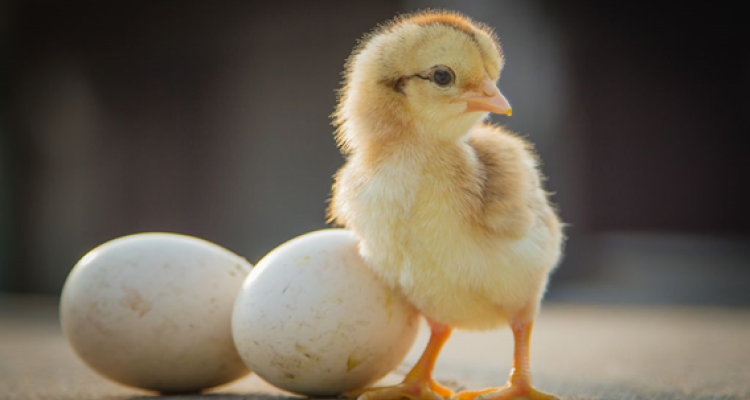
News
CRYOCHICK: new approach for cryopreservation of chicken genetic material
Cryopreservation of chicken reproductive material is challenging for several reasons. Apart from the high cryosensitivity of spermatozoa and low post-thaw fertility (not all sperm cells survive the freeze-thaw cycle), the contraceptive effect of glycerol (a cryoprotectant that is used to protect the biological tissue from freezing damage) and the impossibility to freeze chicken oocytes and embryos are complicated impediments.
Dr Berenice Bernal Juarez, member of WUR-ABG and working for the CGN, has developed a new project (CRYOCHICK) that aims not only to develop a new approach to reduce the loss of functional inactness of sperm and female gonadal germ cells related to ice formation, but also find a suitable cryopreservation protocol that provides sufficient post-thaw fertility. She hopes to decrease celular cryodamage by inducing ice formation earlier tan current protocols and inhibiting ice recrystallisation by using proteins present in freeze-tolerant animals.
This Project is one of the fortunate ones (Project number 101109983) that has received funding from the 2022 call of Horizon Europe’s MSCA postdoctoral programme. The selection process for this programme was very competitive; 6334 proposals were submitted from all over the world!
Key objective of CRYOCHICK
The key objective of CRYOCHICK is to contribute to the development of a more suitable cryopreservation protocol for male and female chicken germplasm that provides sufficient fertility rates after thawing, as well as to analyze alternative approaches to optimise the strategy and functionality of poultry genebanks. CRYOCHICK is developed in collaboration with the NBGK (National Center for Biodiversity and Gene Preservation) in Hungary, with extensive experience in the cryopreservation of chicken sperm of native breeds and female chicken reproductive material (ovarian tissue, primordial germ cells), and the Roslin Institute in Scotland, with experience in the cryopreservation of chicken female primordial germ cells and gonadal germ cells.